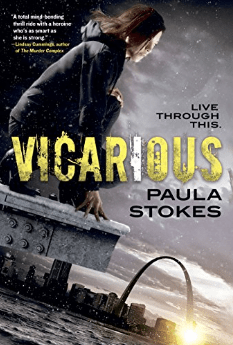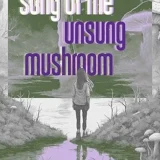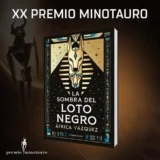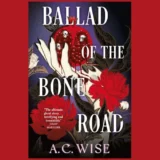 So I recently finished Blood and Sand by C.V. Wyk (fun fact: there is only one vowel in the official author name and even then its only an optional vowel) and the timing of it is kind of perfect, which I will explain why later in the review.
So I recently finished Blood and Sand by C.V. Wyk (fun fact: there is only one vowel in the official author name and even then its only an optional vowel) and the timing of it is kind of perfect, which I will explain why later in the review.
Blood and Sand is the first book in the series with the same name. It follows Attia, a princess of Thrace, whose home was recently conquered by Rome, her family slaughtered by the victorious legionaries and now she has been sold into slavery. Of course, Attia is not your regular princess. As the sole heir of her father in a kingdom known for its prowess in war, she has been trained to fight since she was a child. Unfortunately that didn’t save her or her people, but Attia swears vengeance against all those who have wronged her.
Meanwhile, Blood and Sand‘s other protagonist is Xanthus, the best gladiator in Rome. Despite his skill the arena, Xanthus has grown weary of killing and wants it all to end, including his life. His master, however, provides him with two things that could keep him going. The first is the chance to actually face a gladiator who Xanthus has sworn to kill. The second, is Attia herself. She was given to Xanthus to warm his bed, but the honorable Xanthus has no interest in forcing Attia in doing that. Nevertheless, the two characters begin to care for each other and soon form a bond that could shake the very foundations of Rome.
Full disclosure: I received this book to review for the Sidewise Awards for Alternate History. That said, I’m not sure this technically counts as alternate history. Wyk admits to playing fast and loose with Rome’s history in the Author’s Note and even those with only a minimal knowledge of Roman history could catch that. For example, there is a reference to Rome’s borders stretching as far east as Siam and despite Christianity existing, Rome is still a republic. Blood and Sand also pulls heavily from the story of Spartacus and is set during the eruption of Mount Vesuvius despite the fact that Spartacus existed almost a century and a half before the eruption.
Also Wyk seemed to have invented a lot of details about the Thracians, such as their connection to ancient Sparta. Although I’ve seen some references that Spartans may have colonized parts of Thrace, Blood and Sand presents them as being descendants of ancient Sparta, which is kind of a stretch to say the least. For example, Thracians actually fought against the Spartans during the Peloponnesian War and even the name Spatacus, which sounds like it could be a derivative of “Sparta”, is actually a royal name from a Scythian tribe. Granted I got all of this from a quick look at the Wikipedia, so if anyone has a more scholarly article that could prove otherwise I would love to read it.
To make matters worse, there is really no explanation for why all these changes happened. With no specific point of divergence, I can’t call this an alternate history and that really hurts the world-building when you are setting something in the past like this without a strong foundation for how everything came to be. Sure Wyk’s freely admits she intentionally played fast and loose with history, but why is that a valid excuse? If you are going to make an alternate history then you can try to explain why history changed or else the background of your story doesn’t make any sense.
So while the worldbuilding of Blood and Iron is rather weak, the story itself is…actually pretty good. Although the book is geared to young adults I still found it to be an enjoyable read. The characters were all fleshed out and distinct from each other meaning I had no problems distinguishing one from another. Dialogue was fine and while there was still a lot of questions left unanswered that sets thing up for a sequel, there was a conclusion to the book itself. We saw the characters struggle, set goals and accomplish them, even if everything didn’t end up the way they hoped for.
Which is the exact opposite of the last book I read. I hate to harp on The Alexander Inheritance again, but I find it fascinating that I can read two books back to back with the opposite issues. The first had good world-building, but a poor story. Meanwhile, Blood and Sand had poor world-building, but a good story. Does that mean I don’t like Blood and Sand? On the contrary, I like it just fine. While I like a good world-builder, the story still has to be good. I can forgive someone for not diving deep into history and crafting some unique and detailed alternate history, just as long as I give a damn about what the characters are going through.
So if you are a lot like me, then I can recommend Blood and Sand. Its alternate history might not make much sense, but the story will keep you reading.









